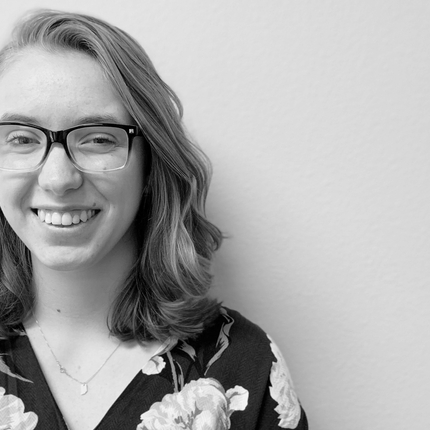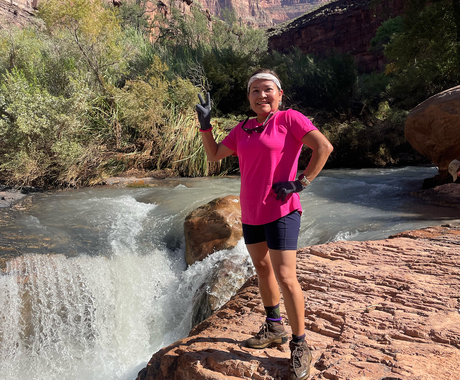By Kate Hansen, former staff member
When I was a kid, my mother always told me I was a “good mix of good things.” It was the kind of sweet phrase that someone tells a child to boost their confidence. Sometimes, she meant it to say I was a good mix of traits from both of my parents. Other times, she would use it to pick me up when I was down—like on the many occasions that I tried, and failed, at a new sport; “you’re a good mix of a lot of good things, this just isn’t one of them.”
Years later, I would realize the unassuming expression could relate to my formative experiences. Perhaps the best example is that my life has been a “good mix” of rural and urban. I’ve moved around a considerable amount for someone my age, and have lived in small towns, big cities, and everything in between. Though moving can often be confusing, home is extremely clear. Home, to me, is a small town nestled in Marshall County, Indiana.
Even at times when I was not permanently living there, our town felt like home in profound ways. It was the place where my mother and her sisters had grown up in the country—selling vegetables to passersby and being involved in 4-H. Just down the road was the small church where my parents were married, I was baptised, and my family has been members for more than half a century. It was where we were rooted, and where we gathered. So, when my family was devastated by events outside of our control, it only made sense that we would move to the place that felt most like home.
I didn’t fully register that living among cornfields, driving an hour to the mall, and getting our eggs from a local Amish family was unique until I went away to college. I attended college near Boston, and many of my classmates hailed from cities like New York and Los Angeles. Almost everyone was kind—I now have more friends from California than I ever imagined—but I also realized how life on the coast could so swiftly disregard rural life and rural people. I thought of how many times my grandfather had compared “country folk” and “city folk” and wondered if this comparison even crossed city folks’ minds. I noticed the ways professors brushed over the challenges of rural areas. And, perhaps most importantly, I noticed the way I was able to change people’s misconceptions through simple and honest conversations.
For the next few years, I made it my mission to focus on rural America in my studies and discussions. My college was particularly open to independent projects, which meant I was able to carve out many opportunities to do so. In one project, I demonstrated the crisis of rural hospital closures using maps. The next year, I coordinated with my school’s admissions office to develop strategies of how to better accommodate rural applicants, like starting a “Rural Phone-a-thon” where we directly reached out to rural high school students. In my classes, I wrote on Amish voting patterns, rural identity, racial histories of Midwestern small towns, and more rural topics. Every project was driven by my love of rural America, and a deep desire to represent it in all of its complexity.
Upon graduating from college, I knew two things for sure: I loved rural America, and I wanted a job with a strong sense of purpose. A few weeks later, I found myself at the Center for Rural Affairs and at the perfect intersection of these two things. I look forward to supporting the policy team in their efforts to advocate for all rural Americans. Rural America, after all, is a good mix of good people.





